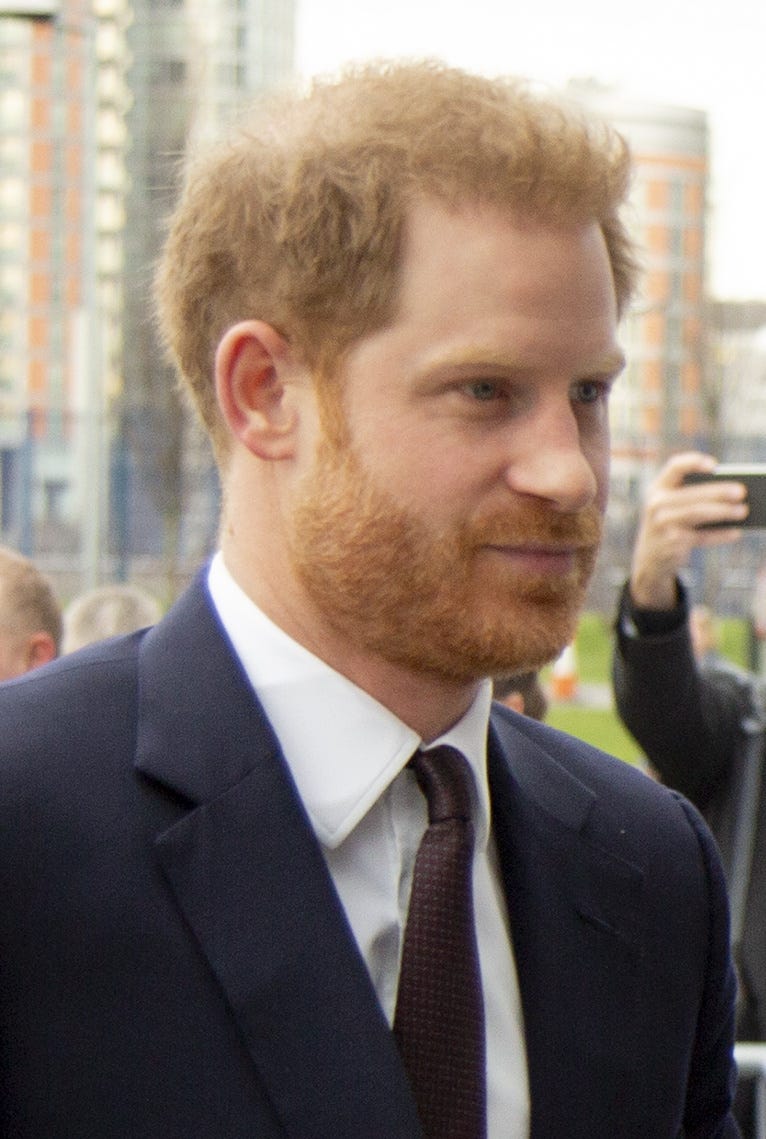Share
Intentionally or not, Prince Harry’s memoir shines a light on therapy culture.
Ignore the protestations of some authors: the purpose of memoir is rarely to contribute to the public good. Score-settling, giving vent to unresolved grievances, a cathartic airing of personal truths, or simply an opportunity to cash in on an eventful life—all drive the autobiographer. But thoughtful readers often do spot something more: a snapshot of social history, perhaps, or a fascinating psychological case study.
So it is the case with Prince Harry’s Spare. As the dust begins to settle on its pages and television studios stand down security guards, we can begin to ask what we learned from the fortnight of blanket media coverage the Duke of Sussex garnered. There is, of course, the tragic personal story of childhood grief, along with a tale of immense privilege combined with petty gripes and sibling rivalries. But what is the “something more” to intrigue future social historians? What is it in our culture that Harry has unwittingly shined a light upon?
Intentionally or not, in Spare—and the media appearances that accompanied its launch—Harry makes his therapy sessions public. Readers and audience members alike are cast as counselors, ordered to listen but not to pass judgment, at least not upon our protagonist prince. With his memoir, Harry draws attention to the role of therapy today.


